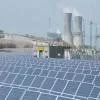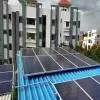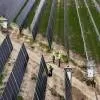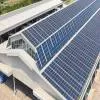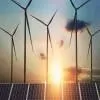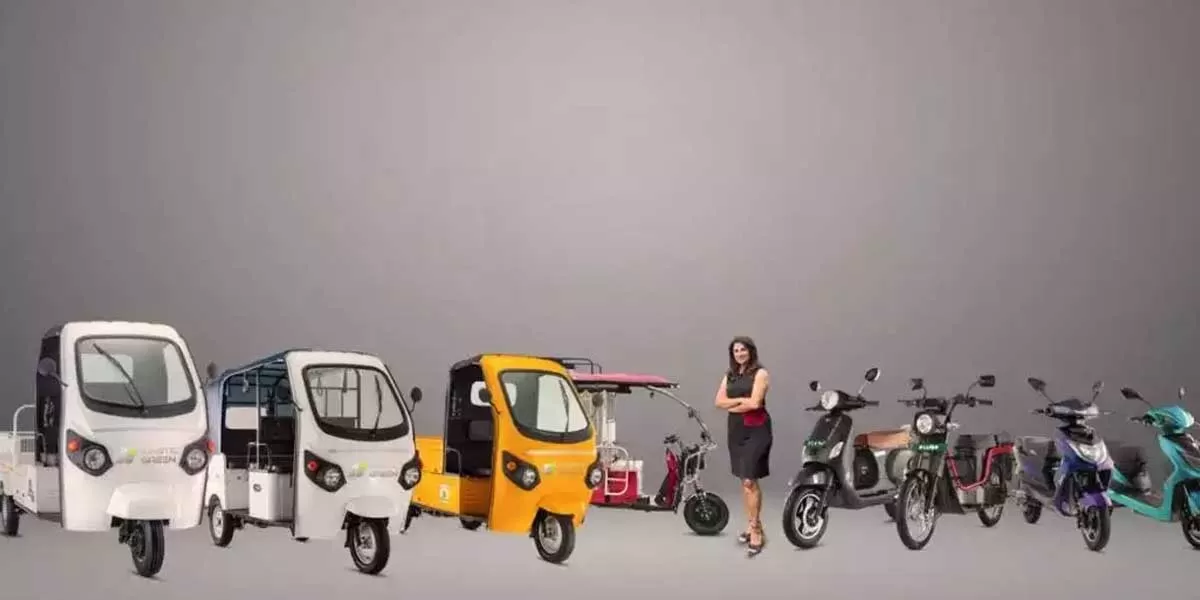
Kinetic Green Partners with US for Africa Market & New Products

Workplace Solutions Company IndiQube, Surpasses 100 Properties Milestone
Workplace solutions company, IndiQube has surpassed the 100 properties milestone. The company that started nine years ago with a single property in Bengaluru has now expanded across 14 cities and caters to 700+ clients. Today, the company has a portfolio of over 7.2 million square feet with presence across major tier I cities including Bengaluru, Pune, Chennai, Hyderabad, Mumbai, Gurgaon and Noida. Also, post pandemic the company has made its foray into tier II cities including Coimbatore, Jaipur, Madurai, Kochi, Vijayawada, Calicut and Mohali. In Bengaluru, IndiQube has 59 properties cove..

Ashoka Buildcon turns lowest bidder for Rs 27.91 billion NHAI projects
Ashoka Buildcon Ltd announced on November 18, 2024, that it has emerged as the lowest bidder (L-1) for two National Highways Authority of India (NHAI) projects in West Bengal, with a combined value of Rs 27.91 billion. These Engineering, Procurement, and Construction (EPC) projects will be executed under the Hybrid Annuity Model (HAM). The first project involves developing a four-lane economic corridor between Bowaichandi and Guskara-Katwa Road (Km 89.814 to Km 133) of NH 116A (Package-3). This project is valued at Rs 13.91 billion, excluding GST, and is expected to be completed within 910 d..
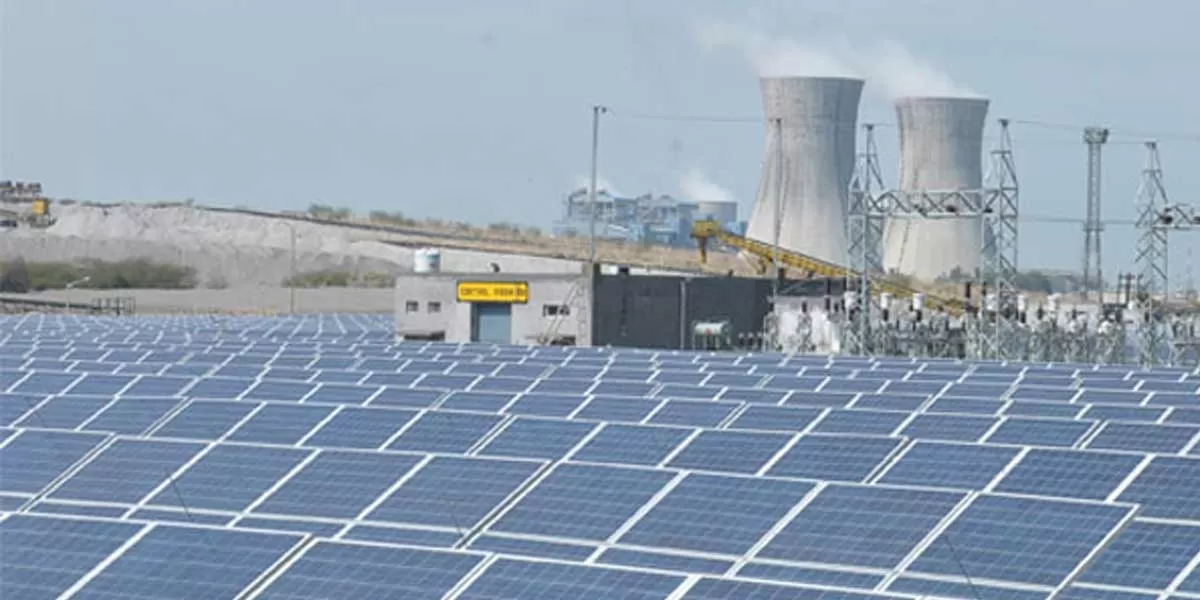
Tata Power, Jakson, Ashoka Buildcon lead solar EPC market in 1H 2024
Tata Power Solar, Jakson Green, and Ashoka Buildcon have emerged as the top utility-scale solar engineering, procurement, and construction (EPC) providers in India during the first half (1H) of 2024, according to Mercom India’s Solar Market Leaderboard for 1H 2024. Gensol Engineering and InSolare Energy also secured spots in the top five. Tata Power Solar led the market with a 32.7% share, followed closely by Jakson Green at 32.1%, while Ashoka Buildcon claimed the third spot with 6.5%. Gensol Engineering and InSolare Energy accounted for 6.2% and 5.1% of the market, respectively. Together..



